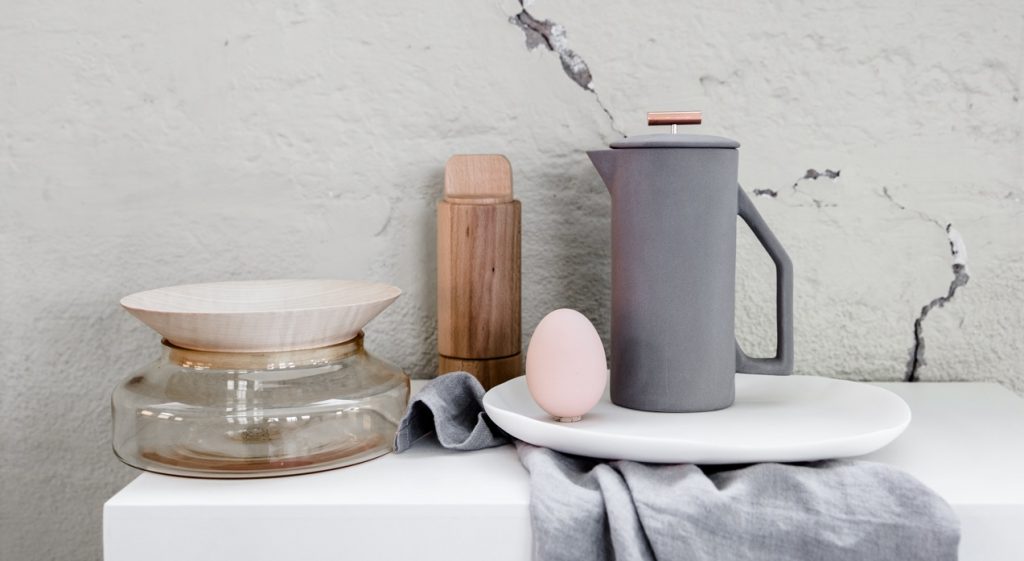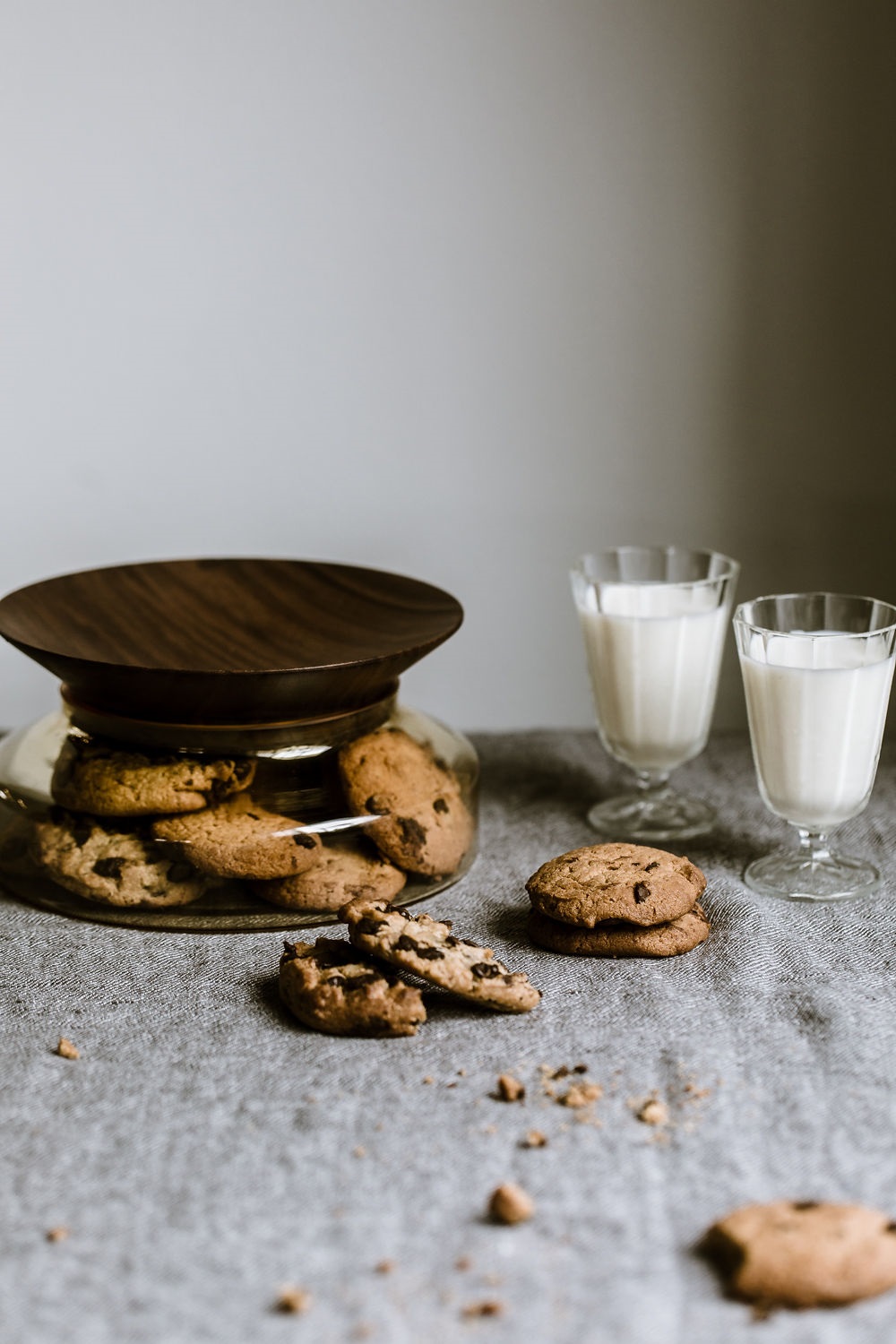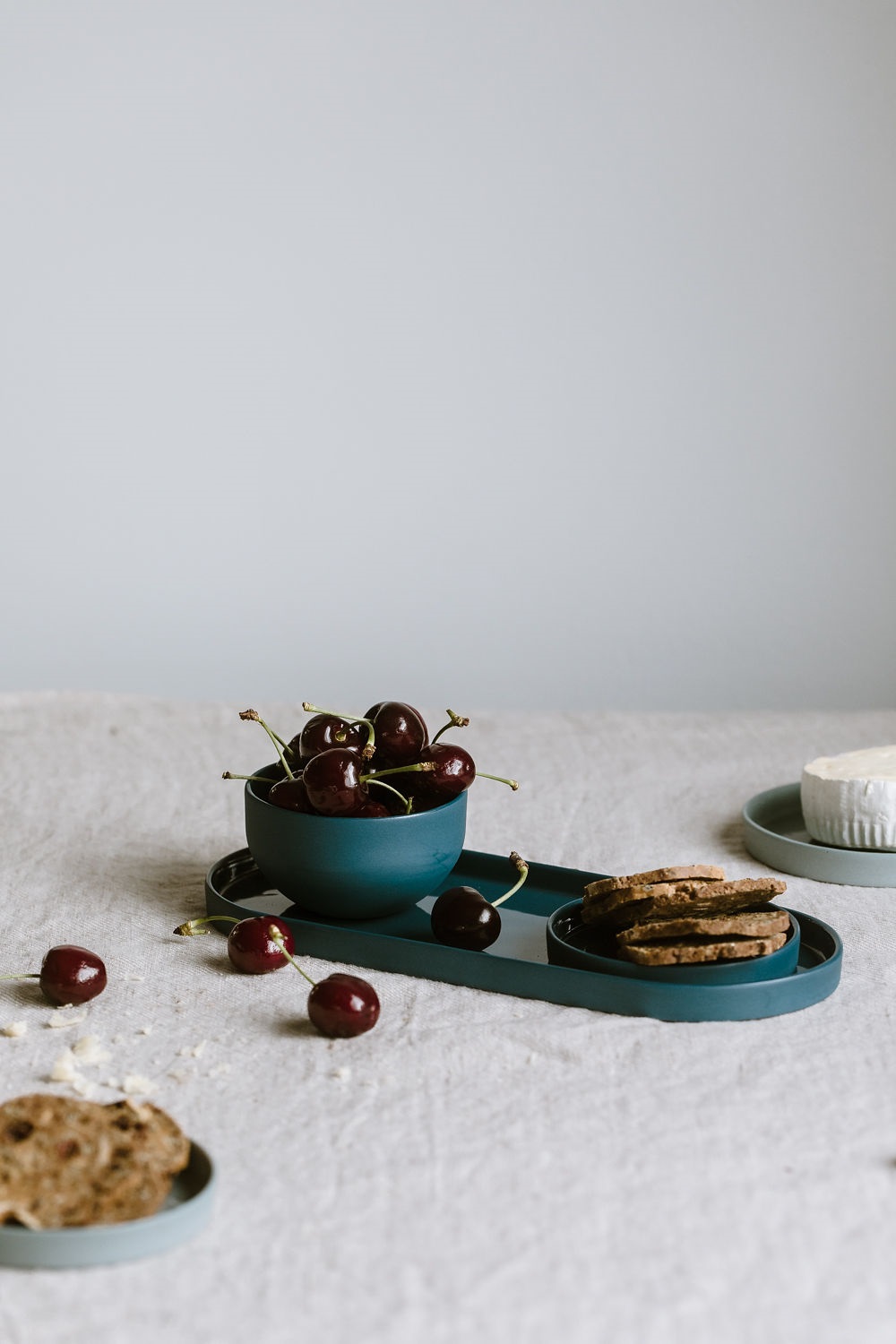Gingerfinch – Homewares Made By Hands

Gingerfinch is an online store, specialising in rare-find homewares and lifestyle goods which are made by hands, not mass-produced in factories. Owner Peita, says that sustainability is at their core, and that they only stock products which are kind to the planet, and will last you for years to come. “We never want Gingerfinch products to end up in landfill,” says Peita. “We hope to change the face of ethical shopping. We are match-makers for design-savvy, eco-conscious people and products that are worth taking the plunge with. We do our research – the instagram stalking, the questioning, the product testing – to make sure they’re the quality you deserve. We’ve done all the hard work so you don’t have to. All you have to do is fall in love,” she adds.

Starting Gingerfinch was a huge career shift for her. She spent the prior decade as a Middle East Political Analyst – a job she says she loved – but then they were posted to Kenya for 2 years for her husband’s job. “I was unable to work as an analyst, and, with lots of time on my hands, I found that my creative side started to re-awaken,” she explains. She would hunt out craftspeople in Nairobi, just to see what they created and how they worked. She began designing her own furniture, and worked with a fantastic local carpenter to bring her ideas to life. She watched documentaries about good design – from the perfect door handle, to the best designed city. “I became obsessed with the impact design has on the quality of our lives,” she says.
The couple returned to Australia in 2014 and Peita went back to her job as an analyst. But she couldn’t shake her preoccupation with design, and how it can improve people’s lives. She wanted to create a platform showcasing the world’s very best sustainable design – made by relatively unknown, talented artists – to help design-conscious people improve their quality of life, and live lightly on the planet. The Gingerfinch idea was born.
At the end of 2014, her husband was posted to Pakistan. Peita spent the next three years refining the Gingerfinch concept; defining her brand values, aesthetic, and searching for the makers and designers she wanted to partner with. She then launched Gingerfinch in September 2017.
 Peita applies a rigorous sustainability framework to all Gingerfinch products before stocking them in her store, taking the following approach.
Peita applies a rigorous sustainability framework to all Gingerfinch products before stocking them in her store, taking the following approach.
Who Made This?
Peita loves supporting boutique brands who share her values, so this is the first thing she looks for. “I often visit makers and creators in their studio to chat to them about their work and philosophy. Taking the time to learn a brand’s story to find out why they make, as well as what they make, helps me ensure the brands I support are sustainable and ethical,” she explains.
Peita chooses a number of Australian brands due to their incredible stories. These include Ena Products, who, like Gingerfinch, was influenced by the founder’s grandmother; Denver & Liely, who pride themselves on perfecting just three incredible products; and Kester Black, who have revolutionized the beauty industry with the most ethical nail polish in the world.

“Products which are mass-produced in a factory are rarely sustainable. Likewise, goods made in unethical workshops around the world should be immediately ruled out,” says Peita. If a brand doesn’t want to discuss their manufacturing processes, she errs on the side of caution, and assumes it’s not made sustainably, and therefore, she does not stock their products.
“I have fallen in love with brands just because of where they make their products,” she continues. For instance, Article 22 is an incredible US brand creating jewellery from melted down bomb scraps, taken from the bombardment of Laos during the Vietnam War. Laotian craftspeople create the jewellery, supporting the local community, and Article 22 donates 10% of profits to de-mining efforts in Laos. She also loves Soko, another US brand, who commission “edgy, fashion-forward jewellery” made from upcycled brass (like door handles), sourced from artisans in Kenya. Soko have developed an incredible app that allows the artisan to receive job orders and payment for their work from anywhere in Kenya.

Peita sources products made from sustainably-sourced wood, bamboo, recycled glass or metal (recycled anything, really), organic linen or cotton. “Yet for every ‘sustainable’ material, there is often an ‘unsustainable’ component: organic cotton and bamboo consume huge amounts of water, and even sustainably sourced wood uses considerable carbon miles,” Peita explains. So, she aims to overcome these tensions by stocking dual/multi-use goods, or products made from recycled materials as much as possible. She also loves to support Australian makers and designers as much as possible, “#shoplocal!” she says.
Peita has discovered (in Paris, of all places) a little-known South Korean brand, Zero Designs, who create zero-waste clothes and accessories. Their aprons are made with just 5% waste material, and they can be turned into a tote bag! She also adores new Australian brand HuskeeCup, who make reusable coffee cups from the raw coffee husks generated from coffee production.
 Peita’s Thoughts on Sustainability
Peita’s Thoughts on Sustainability
Sustainability is not a fringe concept – it’s not ‘trendy’. It’s essential. Gone are the days where sustainability was a ‘hippy’ life choice. We create too much waste and use too many resources for us to continue to behave the way we have for decades. Sustainability must become the mainstream. It must be a function of our everyday choices. So, I see it as my job to increase the amount of stunning, sustainable products on the market. Few people would buy something ugly just because it was ethical/sustainable (I know I certainly wouldn’t). But if the product is beautiful, useful and timeless – as well as sustainable – it’s more likely that someone will buy it over a non-sustainable option. And then, that’s one more purchase that’s kinder to the planet, and one less crappy product that will end up in landfill. I truly believe that every time you spend your hard-earned cash you’re casting a vote for the kind of world you want to live in. And I want to make that process as effortless and rewarding as possible.
The best thing you can do to shop sustainably is to think carefully about what you need. We all want a little retail therapy now and again, but unfortunately the homewares industry also produces cheap, ‘seasonal’, throw away products that follow trends of the moment. And when we tire of it in less than a year, it usually ends up in landfill. Shopping impulsively often leads to buying stuff we don’t need or love. That doesn’t mean everything we buy should be super expensive and high-end (thank you, Ikea wine glasses). But I believe we should try to shop how our grandparents shopped: save for the best quality we can afford, take care of it and treasure it for life. There’s nothing more sustainable than that.
One of Peita’s favourite collections at Gingerfinch, is Shop Ethical. All products at Gingerfinch come with an ethical seal of approval (nothing is mass-produced, manufacturers are paid a fair wage, materials are not harmful to the earth), but this collection gives back in special ways.
You can find Gingerfinch here
Helen

 Peita applies a rigorous sustainability framework to all Gingerfinch products before stocking them in her store, taking the following approach.
Peita applies a rigorous sustainability framework to all Gingerfinch products before stocking them in her store, taking the following approach. Peita’s Thoughts on Sustainability
Peita’s Thoughts on Sustainability